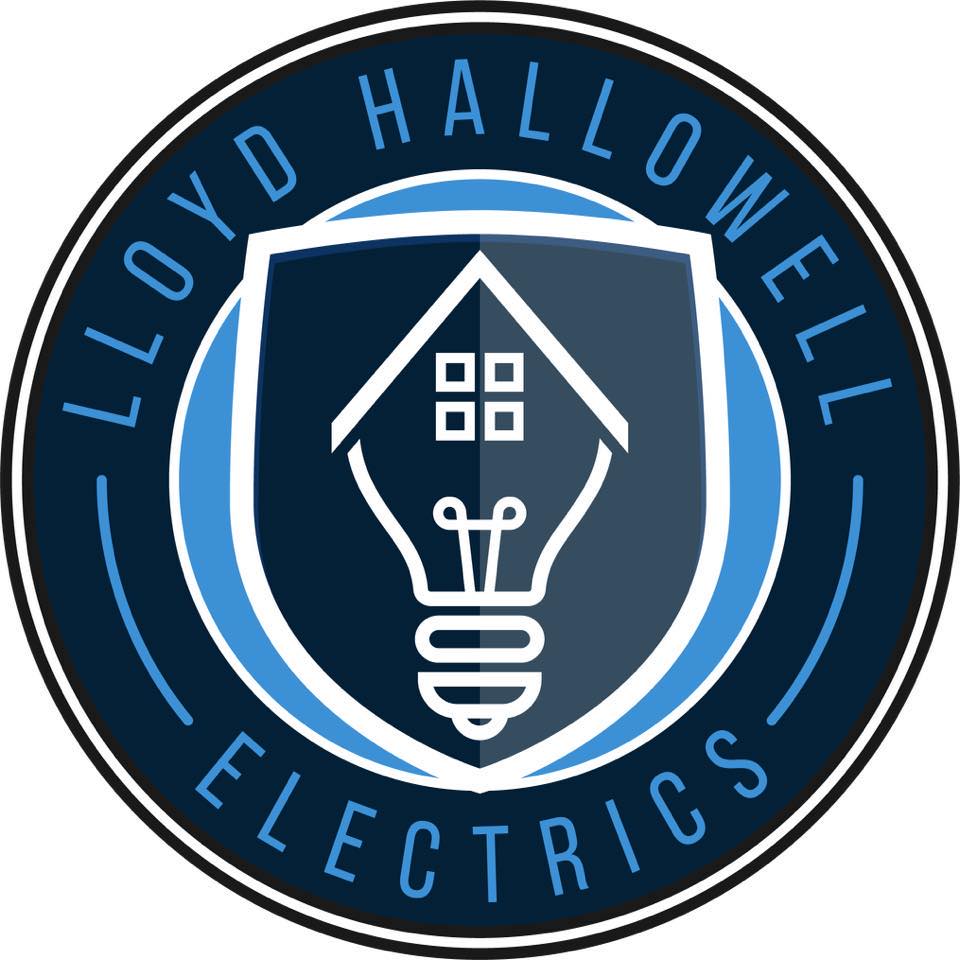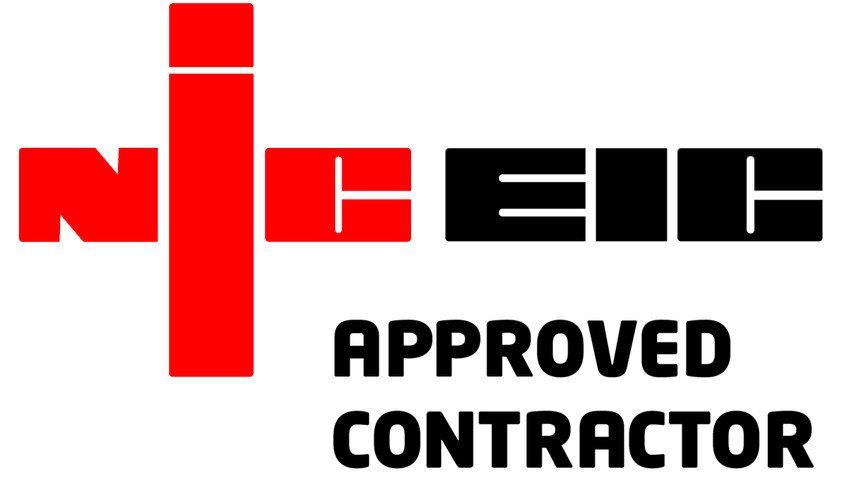What is an EICR?
Whether you are a business owner or landlord, investing in a property also means taking on the responsibility of keeping it safe. One crucial aspect of this is your electrical compliance, as you will be required to meet regulated standards set out by the government. As a homeowner, the motivation is more personal – that of protecting your home and family.
While the rules regarding electrical compliance differ based on your property type and role, ensuring that the electrical installation is inspected and tested will highlight potential dangers. The best way to achieve this is through an EICR. In this article, we will not only explain what is an EICR but also how to determine your responsibilities.

What is an EICR? Our guide to maintaining electrical compliance
From fuse boards to sockets and switches, electrical installations inevitably go through their fair share of wear and tear and, as such, should be regularly maintained. According to Electrical Safety First, in England alone, there have been around 19,300 accidental domestic fires caused by problems with electrical installations or appliances. Many of these could have been avoided.
At Lloyd Hallowell Electrics, we are committed to sharing our knowledge of electrical safety to help our clients protect their properties and minimise risk. Our electricians in Bow E3 and the surrounding areas are always more than happy to offer advice during their visit, but in the meantime, let’s take a closer look at the following:
- What is an EICR certificate?
- Who can carry out an EICR?
- How often does an EICR need to be done?
- How long does an EICR last?
- How much does an EICR cost?
- Who is responsible for an EICR on a commercial property?
- Do I need an EICR to sell my house?
What is an EICR certificate?
An Electrical Installation Condition Report (EICR) is a formal document issued following an assessment of your electrical installation. It details the safety and overall condition of the electrical installation, whether residential, commercial or industrial, rating elements against the latest regulatory standards.
During the assessment, the wiring, consumer units/fuse boards, sockets and switches will be inspected and tested to detect signs of hazardous defects. The results of these checks will then be noted in your report. Any faults found will be graded in severity, from recommended improvements to those that require immediate action to resolve. Based on these findings, you will be issued with either a ‘satisfactory’ or ‘unsatisfactory’ report. If your report is unsatisfactory, we will also provide a detailed quote for remedial work.
Classification Codes determine the level of danger an unsatisfactory installation poses to users; they are as follows:
- Code C1: A danger is present, and immediate action must be taken.
- Code C2: The installation is potentially dangerous, so remedial action must be taken to remove the source of the problem.
- Code C3: While not currently dangerous, you would benefit from improving the safety of the installation.
Of course, whilst lower risk codes may not pose an immediate risk, if not addressed, some faults may worsen, becoming more hazardous over time.
It is important to note that an EICR is not the same as an EIC; an EIC (Electrical Installation Certificate) is provided to confirm that any new installations comply with the latest wiring regulations. It also does not include testing appliances or equipment; this requires a PAT (Portable Appliance Testing), which, at Lloyd Hallowell Electrics, can be included in your electrical compliance package alongside your EICR.
Who can carry out an EICR?
Government regulations state that an EICR must be carried out by a “qualified and competent” individual, which, in other words, means a registered electrician.
With years of experience providing electrical testing and inspections to homeowners, landlords and business owners, our reputable team are well-versed in issuing EICRs. As fully qualified and insured electrical contractors in Bow E3 and the surrounding areas, we continue to update our knowledge and skills to ensure we work to the latest industry standards. This not only ensures that your installations are safe but also that any remedial work is carried out in line with legal guidelines.
How often does an EICR need to be done?
How often you require an EICR depends on the type of property and is categorised as the following:
Homeowners:
As the electrical installations in your house or flat are generally deemed safe, an EICR is recommended every five to ten years. If you don’t remember the last time you scheduled testing or are beginning to notice problems with your wiring, we recommend contacting our team to arrange a home visit.
Businesses:
How often a commercial property needs electrical testing differs based on the level of risk. At a minimum, all businesses should schedule an EICR every five years; however, higher-risk environments such as petrol stations and hospitals would benefit from annual testing. Our team are always more than happy to assess your site and recommend how often your installations should be tested.
Landlords:
If you have an HMO (House in Multiple Occupation) or are a rental property landlord, you must get an EICR every five years or when there is a change of tenancy (whichever happens sooner). This legal obligation falls under the Electrical Safety Standards in the Private Rented Sector (England) Regulations 2020. You can find more information on this on the Letting a Property website.
How long does an EICR last?
Much like the above, the expiry date of your EICR depends on the usage and condition of your property. For example, EICRs are typically valid for five years on rental properties or commercial buildings and ten years on owner-occupied homes, but this is also at the engineer’s discretion. Your EICR certificate will always state clearly the expiry date, so you can refer back to this if you are unsure when your next test is due.
How much does an EICR cost?
The cost of your EICR will be determined by the size and configuration of your consumer unit; however, you can expect the price to be between £150 and £300 + VAT, excluding any necessary remedial works. We always recommend contacting our team to discuss your property in more detail, and from here, we will be able to provide a free quote tailored to your needs.
Who is responsible for an EICR on a commercial property?
When it comes to commercial properties, whether the responsibility lies with the business owner or landlord to arrange an EICR is often unclear.
As a business owner, you have a duty of care to protect the safety and well-being of your employees, and an EICR plays a vital role in this. While the EICR itself is not a legal requirement, it does help ensure that you stay within government regulations, particularly The Health and Safety at Work Act. For more information on this legislation, we recommend taking a look at the British Safety Council website.
If you are a commercial landlord, on the other hand, you will be legally obliged to ensure that all electrical installations are tested before the property is let to new tenants. If any dangers are detected, it will also be your responsibility to rectify these before they move in.
If you’re unsure, always check your tenancy agreement, as this will often stipulate particular requirements.
Do I need an EICR to sell my house?
In short, no, you do not need an EICR to sell your home. However, it isn’t uncommon for potential buyers to ask for the most recent EICR, as it provides an accurate representation of the overall electrical safety of the home. By arranging an EICR to be carried out before you list your property, you may save time later on during the processes should a potential buyer request one.
If you do carry out an EICR and discover that electrical work is required then you have two options. You can either carry out the repairs and protect the sale price of your property or put your home on sale as it is and be prepared to lower the cost. Many buyers are happy to still move forward with the purchase, providing the cost of necessary repair work is reflected in the price.
Keep your property safe from electrical dangers
Electrical dangers can be serious, but with regular testing and inspections, it is possible to detect and rectify many problems before they have a chance to grow. As always, if you are worried about the condition of your installations or are due your EICR, our team are just a phone call away. With many years of experience and extensive training in electrical compliance, our domestic and commercial electricians in Bow E3, East London are here to help. Contact us today, or feel free to schedule an appointment directly via our booking system.
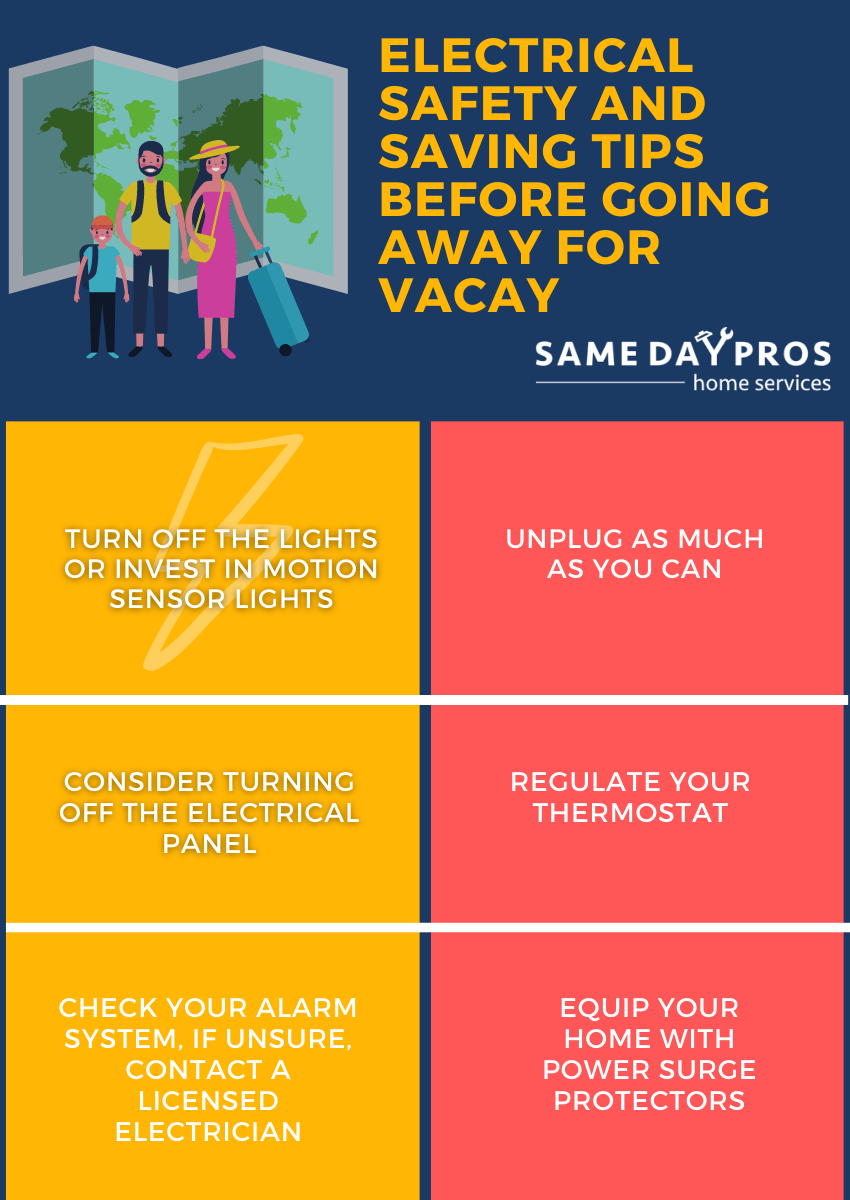
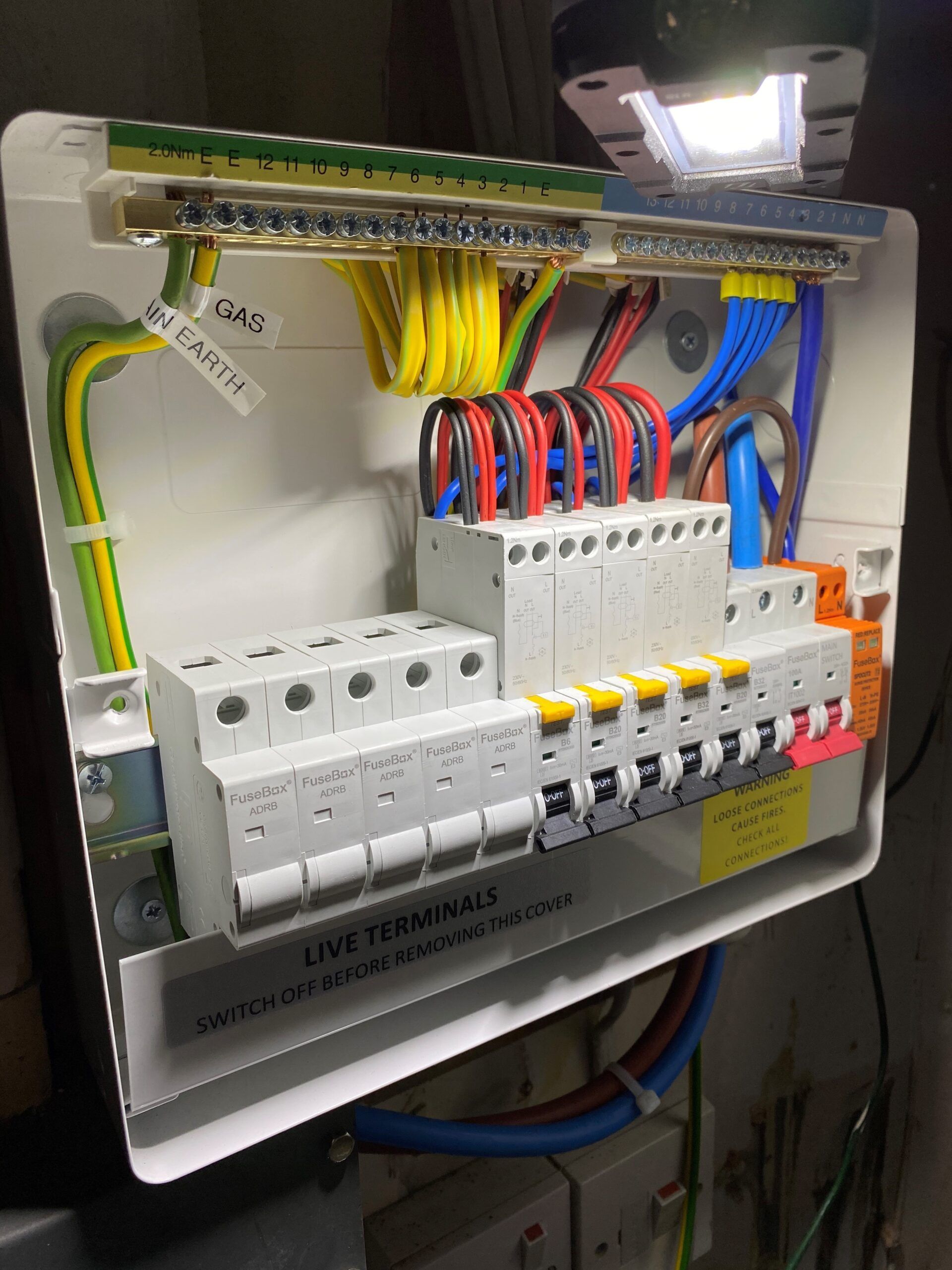
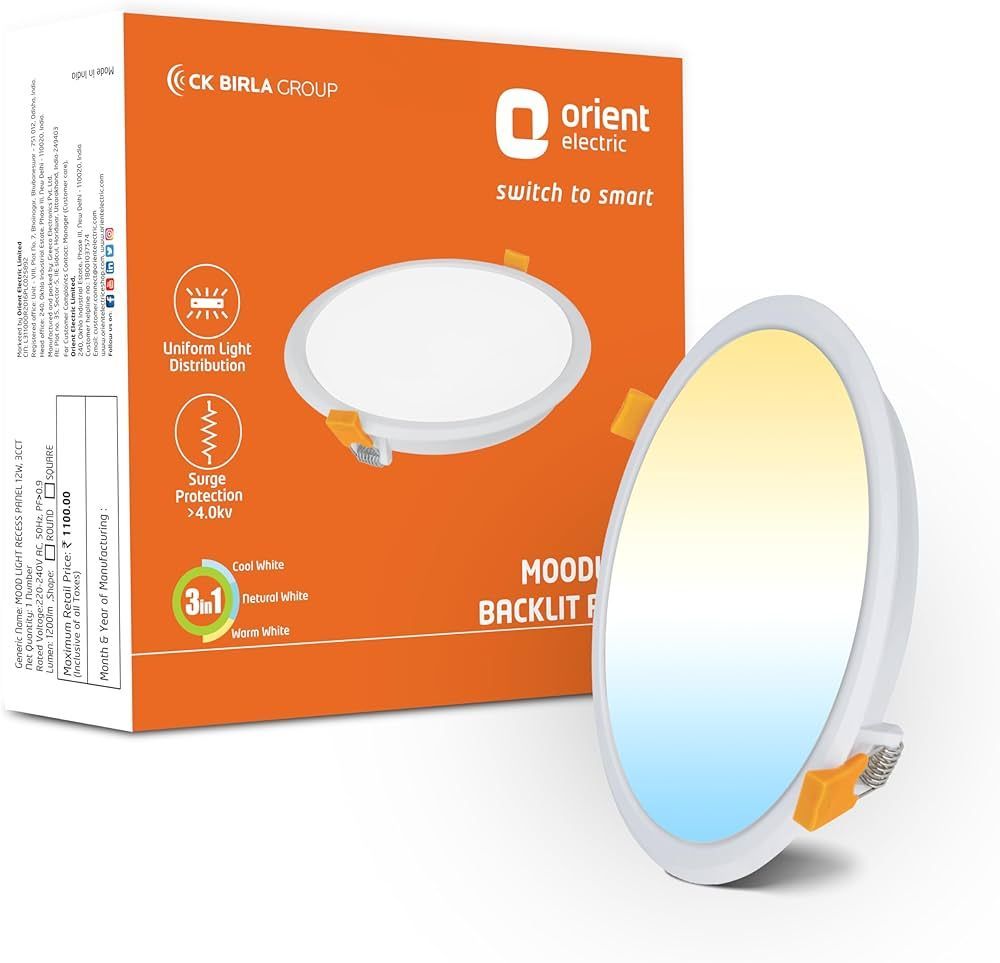
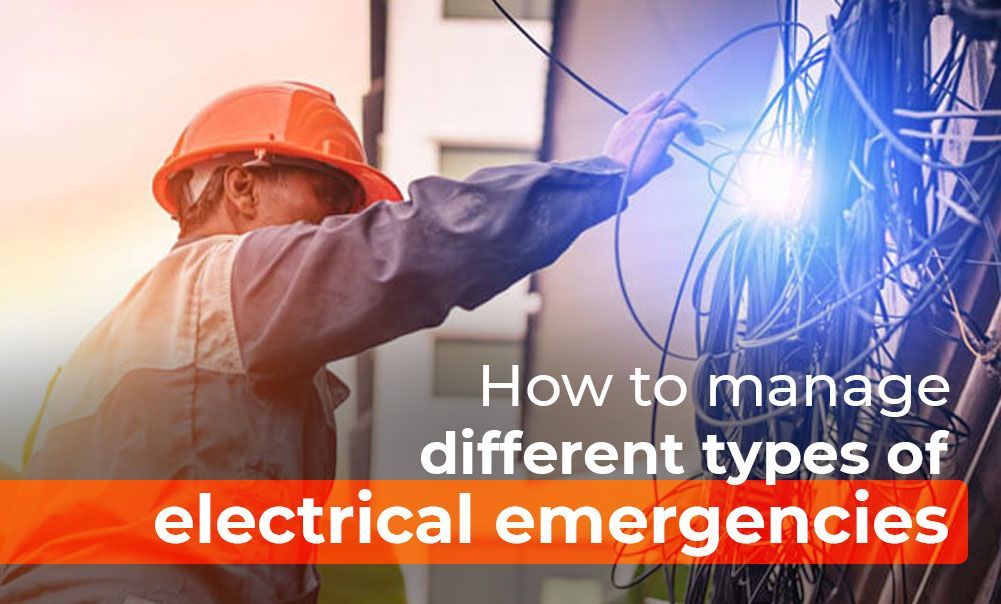
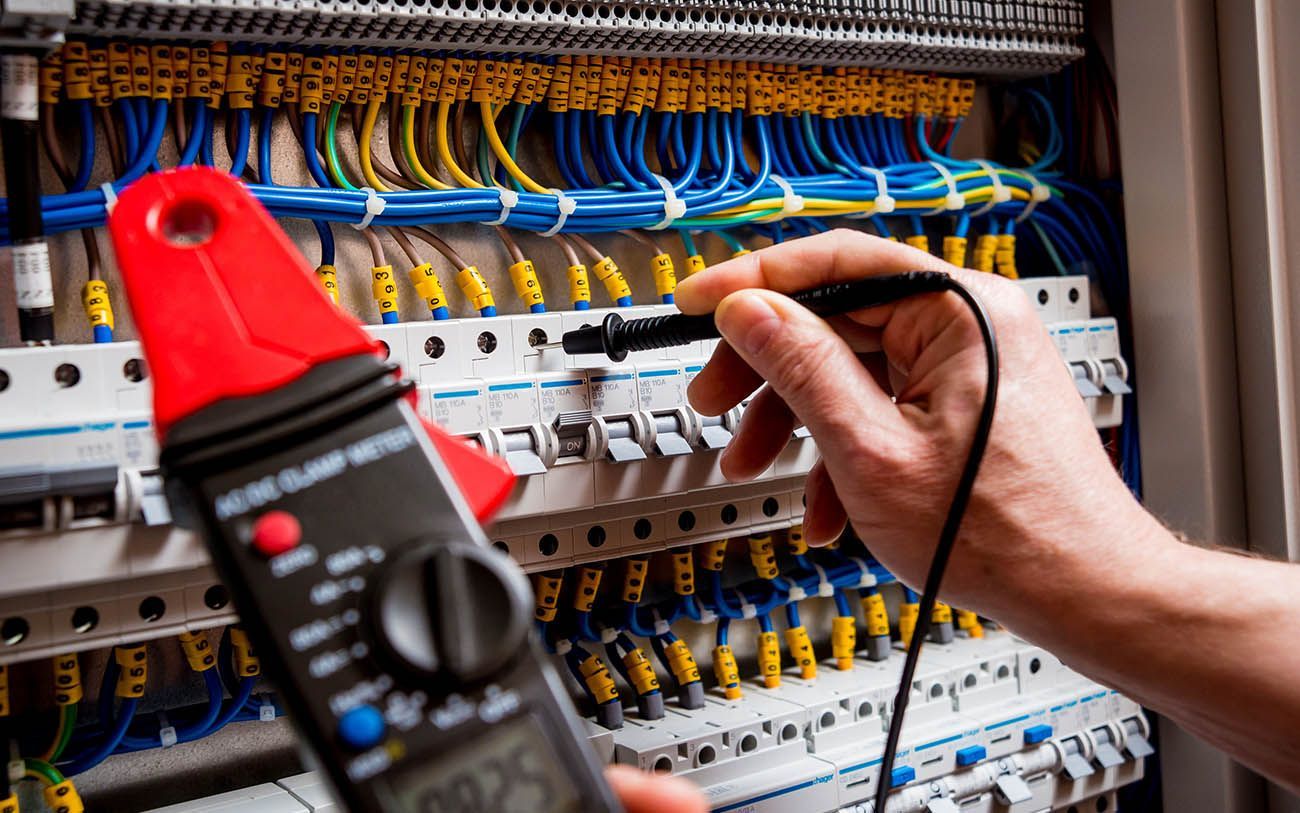
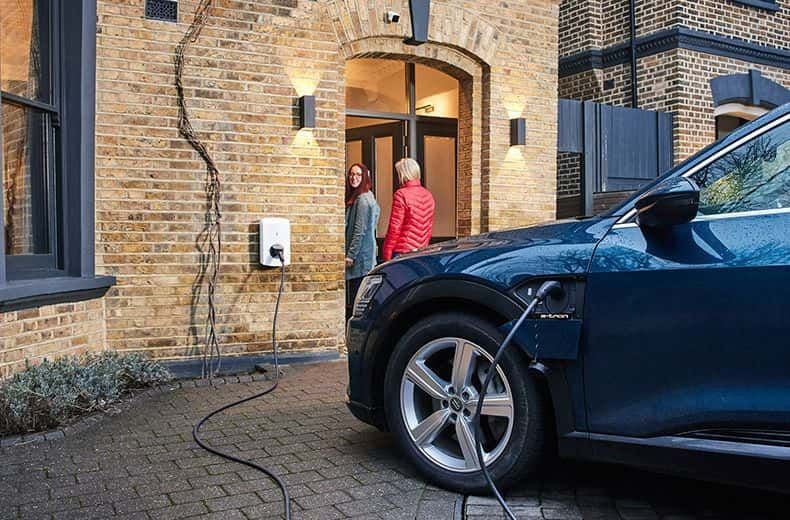
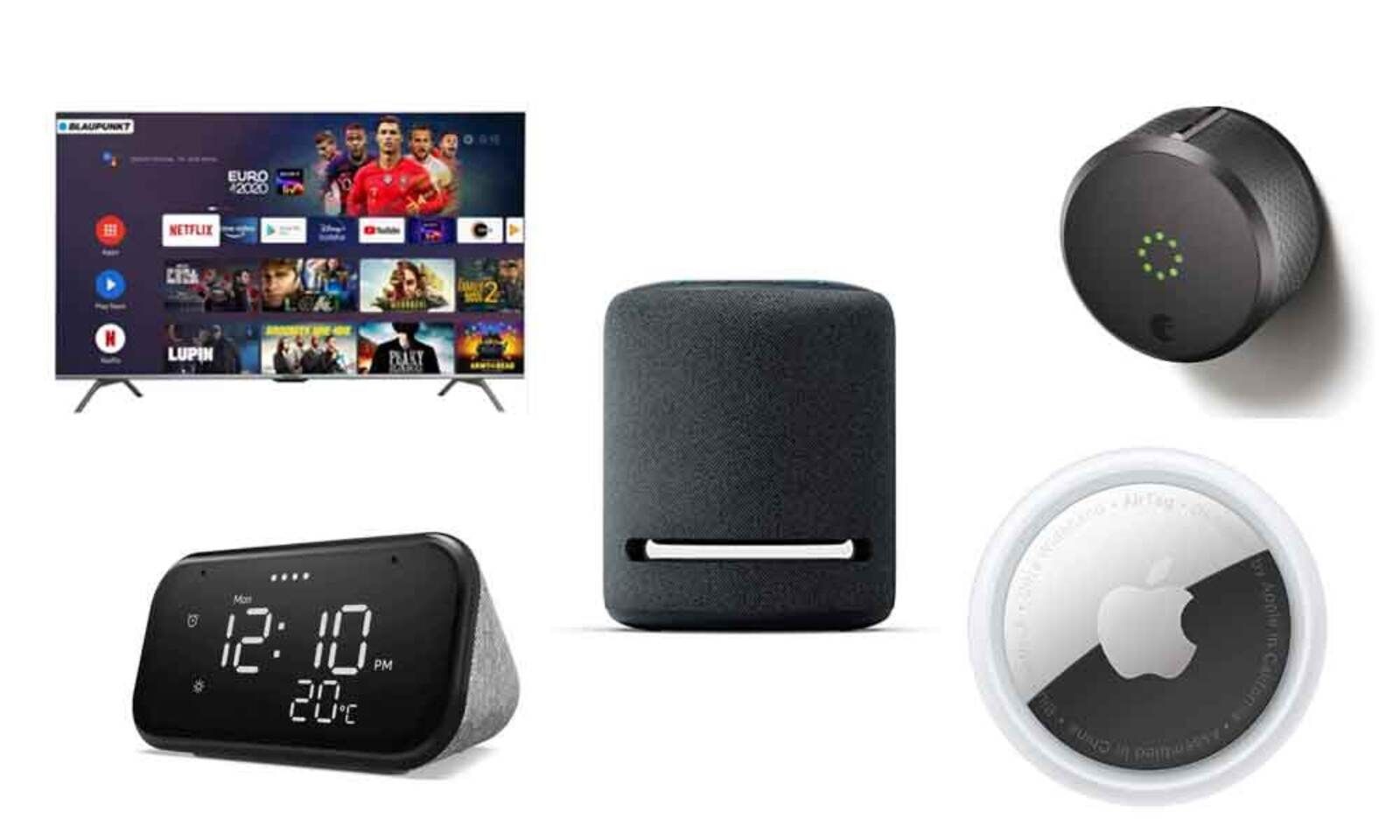

CONTACT US
We will get back to you as soon as possible
Oops, there was an error sending your query.
Please try again later
